The year 2022 has been a remarkable and historic year for the India-US relationship, top diplomats and experts from both sides feel and are confident that 2023 would be a momentous year for the ties between the world’s largest and oldest democracies that will determine the future of technology and innovation.
During the year, President Joe Biden met Prime Minister Narendra Modi twice – first on the sidelines of the Quad summit in Tokyo in May and second on the margins of the G-20 summit in Bali, Indonesia. External Affairs Minister S Jaishankar also met US Secretary of State Antony Blinken here in September and held productive discussions on the entire gamut of Indo-US relations and the way forward.
“2022 saw further consolidation of the India-US bilateral partnership in the direction and vision set by Prime Minister Modi and President Biden,” India’s Ambassador to the US, Taranjit Singh Sandhu, told PTI as the year comes to an end.
The intensity of high-level engagements continued in the form of Quad and Bilateral Summits in Tokyo, the 2+2 Ministerial Meeting in Washington DC, and visits by senior members of the Cabinet in both directions, he said.
The year also saw tangible outcomes – resolution of some old market access issues, the first-ever maintenance of a US Naval Ship in India, the Quad focus on STEM, signing of an Investment Incentive Agreement, the launch of Technology Innovation Hubs
as a collaboration of the respective science agencies, record level of trade and investments, etc, said Sandhu.
“Our strategic convergences deepened, new initiatives like the Indo-Pacific Economic Framework (IPEF) were launched while others such as I2U2 were strengthened,” Sandhu said in response to a question.
Assistant Secretary of State for South and Central Asia Donald Lu, concurred with Ambassador Sandhu’s take on the bilateral ties, saying that he believes that the India-US relationship is one of the most consequential relationships in the world.
This relationship, he asserted, will determine whether Asia remains free and democratic.
“It will determine the future of technology and innovation. And increasingly, it will determine whether we will be successful in combating climate change,” he said.
“This has been a remarkable and historic year for our relations,” Lu told PTI in response to a question. “We have successfully worked in both countries to move beyond the acute phase of COVID-19 and supported millions of people around the world with innovative vaccines,” he said.
“This has been a remarkable and historic year for our relations,” Lu told PTI in response to a question. “We have successfully worked in both countries to move beyond the acute phase of COVID-19 and supported millions of people around the world with innovative vaccines,” he said.
“We have worked together in the Quad to launch the Indo-Pacific Partnership for Maritime Domain Awareness and the Partnership for Humanitarian Assistance and Disaster Relief. We launched the US-India Alliance for Women’s Economic Empowerment which is working to support entrepreneurship and mentoring of women business leaders,” he said.
Observing that the bedrock of this relationship has always been the people-to-people relationship, the senior American diplomat said more than 1 million people travel back and forth each year between the two nations.
“This year we had a record number of Indian students studying in the United States, nearly 200,000. Our bilateral trade this year is on track to exceed last year’s record of USD 157 billion. This has been a very good year indeed,” Lu said.
According to Mukesh Aghi, president, and CEO of US-India Strategic and Partnership, 2022 was “a momentous year” for US-India relations, as the two nations celebrated 75 years of diplomatic relations. These 75 years symbolized a long journey that had humble beginnings from the Cold War era, long before India’s own economic growth story, he noted.
Today, the relationship, which has been dubbed as the most important strategic partner of the 21st century, has moved long beyond symbolic platitudes between the world’s oldest and largest democracy to robust engagements across trade, defence, climate, and technology, Aghi said.
Despite the pandemic, the bilateral trade between India and the US crossed the USD 100 billion mark in 2021, and in 2022, official figures state that the overall US-India bilateral trade in goods and services reached a record USD 157 billion, a drastic increase from the 2020 trade figures, he said.
“The year 2022 has seen deep collaboration between various ministries and not just between the key principals and the Foreign Minister and Secretary of State. On the finance side, Treasury Secretary Janet Yellen’s recent visit to India and meeting with her counterpart Nirmala Sitharaman. On the energy front, Minister for Petroleum and Natural Gas, Hardeep Singh Puri recently worked with his counterpart, Secretary of Energy, Jennifer Granholm on the Strategic Clean Energy Partnership, and of course Minister Piyush Goyal and USTR Katherine Tai are in regular conversations on trade,” Aghi told PTI.
Next year is going to take the relationship to a new level.
“As we usher in 2023, I am confident that the bilateral relationship would cement even further to address the challenges of tomorrow, continuing to be a partnership for global good. India’s G-20 Presidency and the commonalities that India’s priorities as President have with the US will also be a significant factor in this,” Sandhu told PTI when asked about the India-US relationship in 2023.
Excited about what lies ahead in 2023, Lu said India has the G20 presidency for the first time, and the United States looks forward to working closely with India at all levels of government in support of this important position.
“This year we plan to move forward on intensive collaboration in the defence and clean energy fields. We have committed ourselves to support Prime Minister Modi’s Make in India efforts through more co-production of cutting-edge defence technologies in India,” Lu told PTI.
“We are also working to provide the technology and financing to support the Prime Minister’s vision of 500 gigawatts of installed non-fossil fuel energy by 2030. We are collaborating in solar, wind, civilian nuclear, green hydrogen, and thermal energy projects. Together we can change the planet,” he said.
“I am bullish about prospects for cooperation in the year ahead,” Lu said.
In the year 2023, Aghi said the Russia-Ukraine conflict will continue to dominate global affairs as both Washington and New Delhi along with their G20 partners work to secure and prevent escalating energy prices and the shortage arising from food grains.
There is also room for synergy not just in tech but space collaboration, as India and the US both have scientific prowess and with increased privatization and a growing list of unicorns in India, space tech startups will be a new engine of economic growth and scientific synergy, he said.
“Most importantly, in 2023, India will be the President for the G20 summit. India’s G20 Presidency propels its role as an emerging leader in the global scenario. The leadership also gives a stronger voice to the challenges faced by the developing world as New Delhi leads the way with its increasingly growing economy,” he said.
“India has already outlined priorities for G20 2023 pertaining to climate action, critical and emerging technologies, resilient supply chains, and vaccines. New Delhi can strive towards building an inclusive ecosystem with holistic mechanisms to address key global issues for the private sector,” Aghi said.

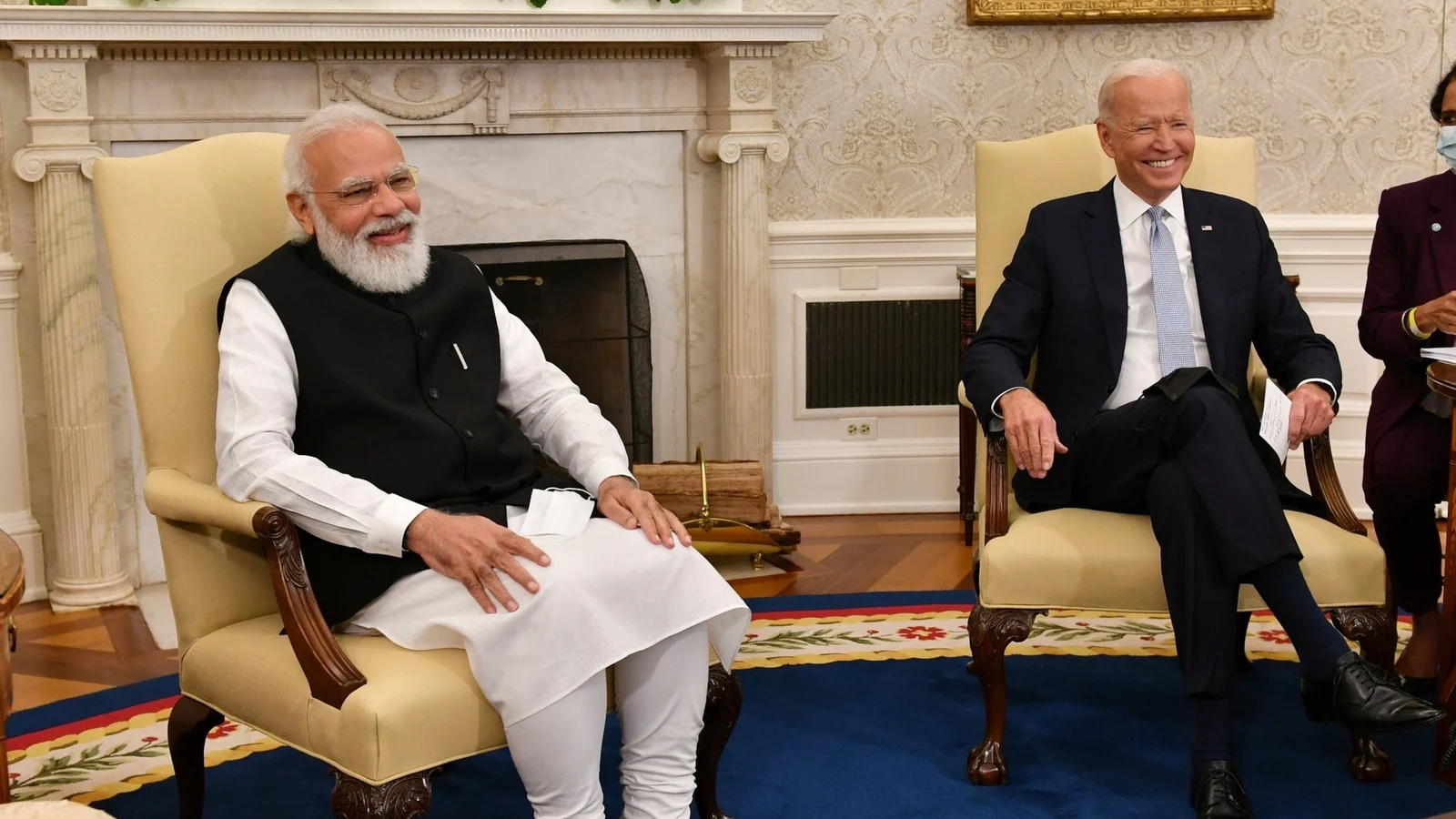
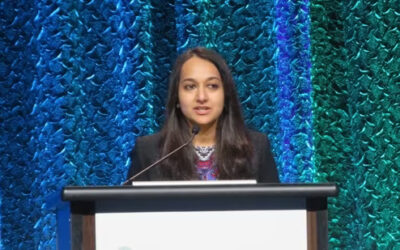
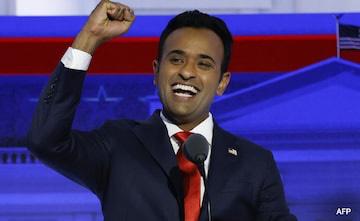
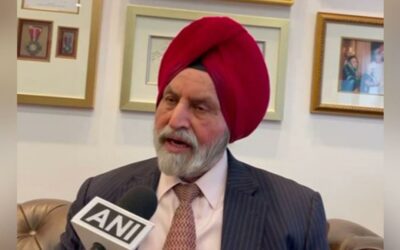


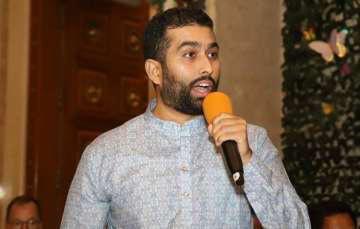



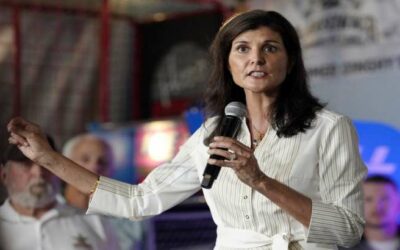
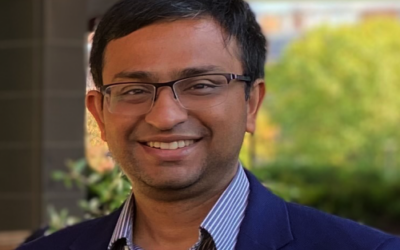
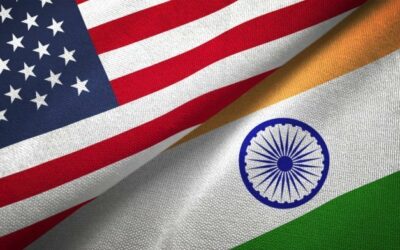
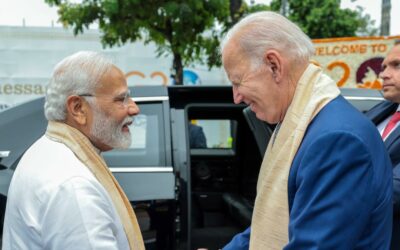

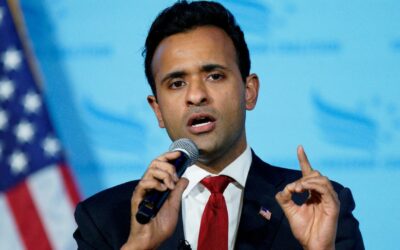
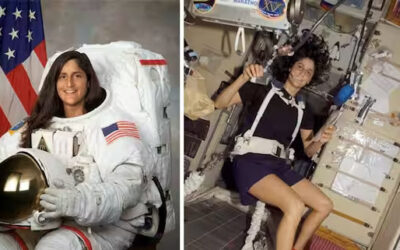

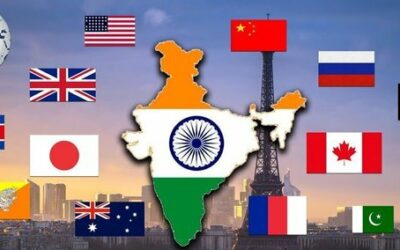
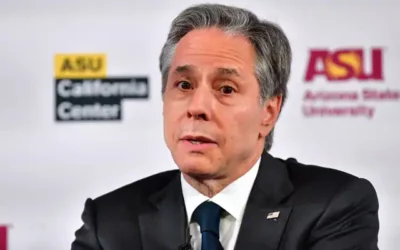
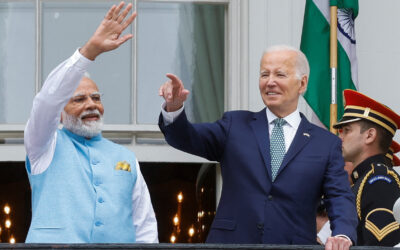
0 Comments